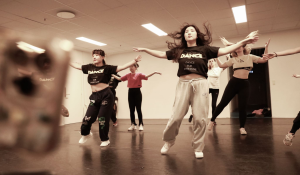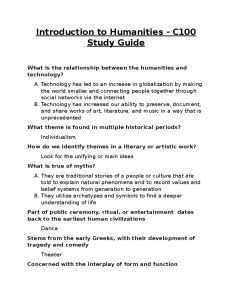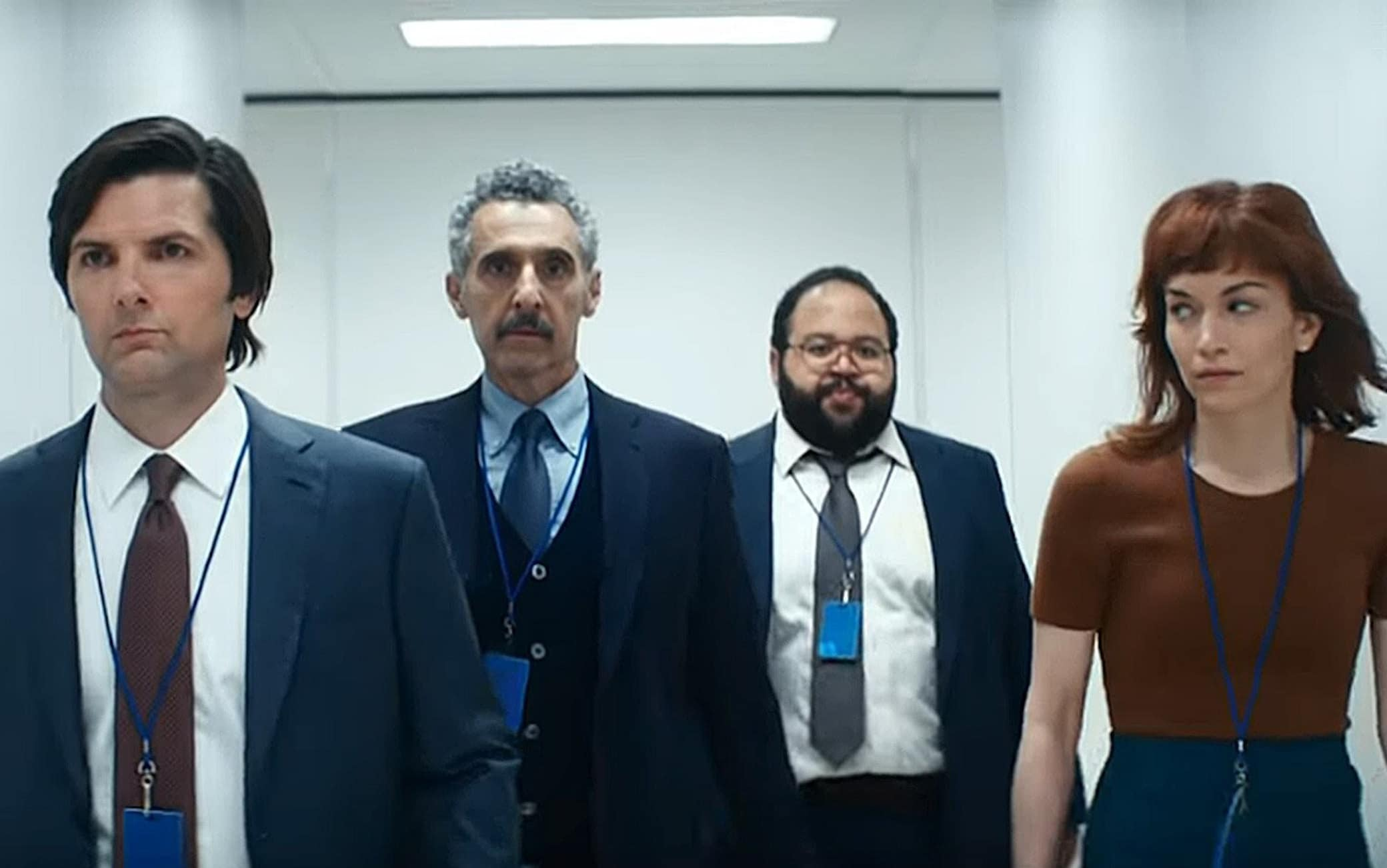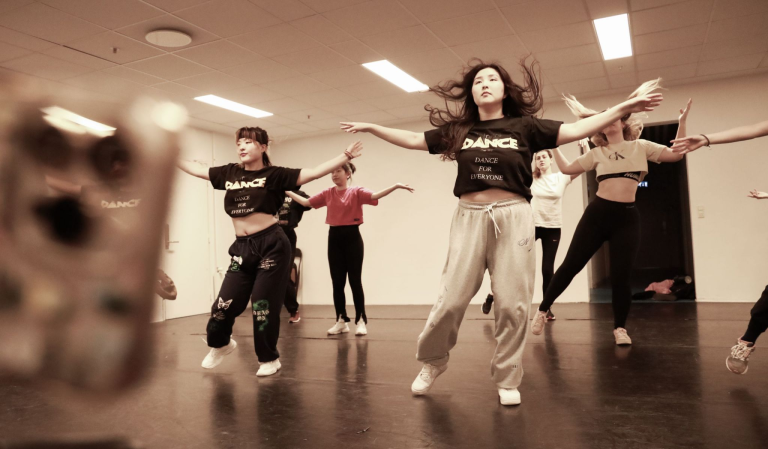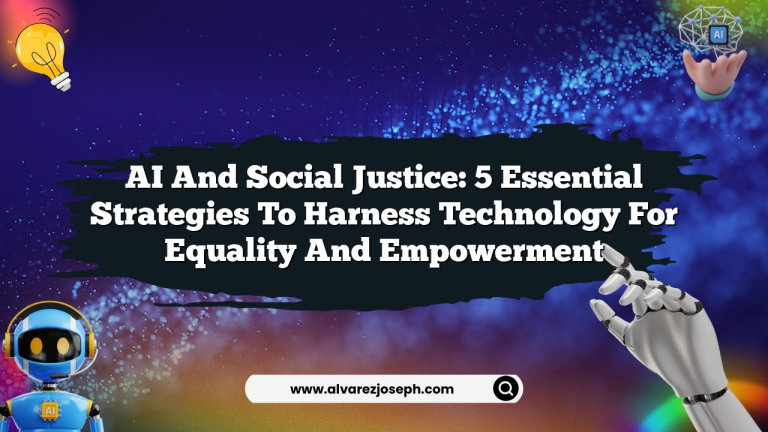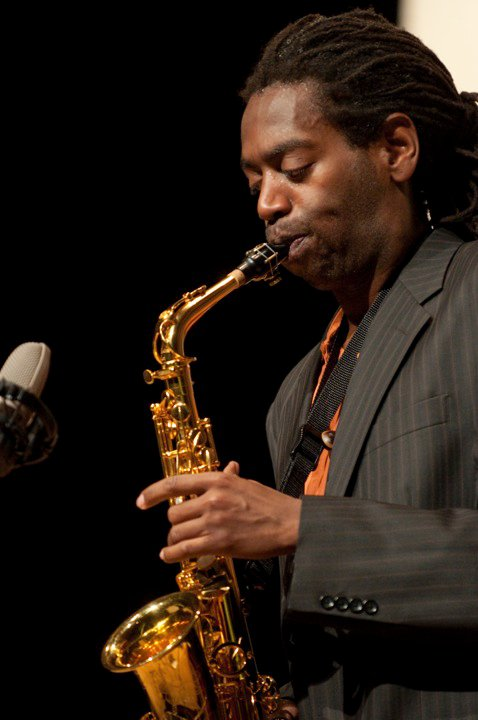The Apple TV+ show “Severance” has sparked conversations around work-life balance and the complexities of identity like never before. As its second season recently concluded, fans find themselves grappling with the show’s intriguing narrative that splits its characters’ consciousness into “innie” and “outie” selves. Created by Dan Erickson and featuring producer Nicky Weinstock, “Severance” delves into profound themes that resonate deeply in today’s world, reflecting our ongoing struggle with personal and professional identities. With apple TV shows gaining traction for their innovative storytelling, the popularity of “Severance” highlights a shift in audience expectations for quality content. As viewers await updates on “Severance season 2”, they ponder how identity themes in Severance may evolve in future episodes.
“Severance,” an acclaimed production from Apple TV+, captivates audiences with its unique exploration of dual identities and the challenges of maintaining a healthy work-life equilibrium. Following its thrilling conclusion of the second season, this thought-provoking series illustrates the depths of self-separation in the workplace, emphasizing the ongoing melodrama of our divided existences. Spearheaded by visionary producer Nicky Weinstock, this innovative narrative style has elevated Apple TV shows, setting a fresh standard in television storytelling. The public’s fascination with the identity themes within “Severance” has opened a dialogue about the nature of consciousness and autonomy, prompting viewers to rethink their own realities. As anticipation builds for what’s next in “Severance season 2,” the combined mysteries and revelations leave fans eager for more.
Exploring Identity Themes in Severance
‘Severance’ dives deep into the complex themes of identity, resonating with viewers on a personal level. At the heart of the show is the startling premise of separating one’s work experiences from personal life. This separation provides a unique lens to examine the duality of human existence. Characters like Mark and his colleagues navigate through this psychological maze, embodying the struggle many face in maintaining work-life balance. As the series progresses, these identity themes unfold, prompting the audience to question their own divisions between professional and personal selves.
The narratives interwoven in ‘Severance’ highlight a profound sense of division within individuals. Reflecting societal struggles, the show mirrors real-life dilemmas faced by many in today’s workforce. The mental and emotional repercussions of living as two versions of oneself—the ‘innie’ and the ‘outie’—echo the challenges of reconciling different facets of our identity. Moreover, the exploration of free will and the quest for authenticity in a heavily structured work environment contribute significantly to the show’s depth.
The Impact of Severance Season 2 on Work-Life Balance
With the recent conclusion of ‘Severance’ Season 2, conversations surrounding work-life balance have been reignited. The show’s intricate storytelling highlights how the radical procedure of severance can lead to profound implications for one’s personal and professional life. Episodes in this season draw parallels to real-world experiences, prompting discussions about the pressures of modern employment and the pursuit of personal fulfillment. How do we navigate the conflict between our professional obligations and personal desires? The show invites viewers to reflect on their own experiences, making it more than just entertainment—it becomes a dialogue about the everyday challenges of balancing work and life.
As ‘Severance’ journeys deeper into the characters’ lives, it unmistakably connects with the audience’s understanding of burnout and dissatisfaction in their careers. This season pushes the boundaries further, revealing how characters grapple with the implications of their choices. The ongoing struggle for work-life balance is emblematic of a larger conversation within society about mental health and individual well-being. By portraying these complexities, ‘Severance’ becomes a mirror reflecting the universal quest for harmony between the professional sphere and the intricacies of personal life.
Insights from Nicky Weinstock on Severance
Nicky Weinstock, a key producer of ‘Severance,’ offers invaluable insights into the creative process behind the show. His vision stems from a desire to challenge conventional storytelling, which he successfully manifests through this unique series. In interviews, Weinstock has highlighted how the originality of the concept was a major factor in attracting top talent to the project. The fusion of an audacious idea with exceptional execution sets ‘Severance’ apart in the landscape of Apple TV shows. The narrative not only entertains; it resonates deeply by portraying the duality of existence that many viewers relate to.
Weinstock’s commitment to infusing global perspectives into his projects shines through in ‘Severance.’ His background and experiences enrich the narrative, bringing a fresh take on traditional concepts within television. The producers’ desire to explore identity themes and societal structures reflects a broader critique of modern work culture. This dedication to authenticity and creativity is what allows ‘Severance’ to maintain its appeal, prompting fans to engage with the material on a deeper level. Ultimately, Weinstock’s contributions are crucial to the show’s ongoing impact and cultural relevance.
The Cultural Relevance of Severance amidst Changing Times
‘Severance’ sharply mirrors contemporary society’s evolving relationship with work, especially amid the post-COVID landscape. As viewers experienced isolation and a reevaluation of their professional lives during the pandemic, the show’s themes have taken on new meanings. The portrayal of a work environment stripped of personal connection resonates powerfully with an audience grappling with similar issues in real life. The series effectively encapsulates the fears and uncertainties many have about their identities in a chaotic world, sparking discussions about the future of work.
Moreover, ‘Severance’ addresses the pervasive anxieties surrounding trust and authority figures, reflecting a growing sentiment of skepticism in the contemporary era. The show’s narrative compels audiences to confront uncomfortable truths and question the status quo. As it delves into the ramifications of severance, it provides a lens for viewers to examine their roles in a complex societal structure. The cultural relevance of ‘Severance’ is undeniable, as it articulately navigates current societal dynamics while remaining a compelling piece of fiction.
Anticipating Severance Season 3: What’s Next?
As fans eagerly await ‘Severance’ Season 3, discussions around possibilities for the storyline are rampant. The cliffhanger at the end of Season 2 has raised stakes and broad questions about the future of the central characters and their journeys. It invites speculation regarding how the theme of bifurcation might evolve as characters confront their existence both within the office and the outside world. Weinstock hints that the next season will diverge significantly from previous ones, promising fresh experiences and explorations about humanity’s complexity.
The anticipation surrounding Season 3 also speaks volumes about the show’s impact on its audience. Viewers are invested not only in plot developments but also in the themes of identity, free will, and the psychological implications of their work cultures. As ‘Severance’ progresses, it will undoubtedly continue to captivate and challenge its audience, reflecting the ongoing evolution of workplace dynamics in today’s society. Fans are excited to see how these narratives will unfold and what new mysteries the series will unearth.
The Cinematic Style of Severance: A Unique Visual Experience
One of the standout elements of ‘Severance’ is its distinctive cinematic style. From the very first episode, the show captivates viewers with its striking visuals and meticulous attention to detail. The aesthetics contribute significantly to the atmosphere, creating a sense of unease that perfectly complements the show’s themes. Showcasing a cold, sterile office environment juxtaposed against the unpredictability of the outside world, the visual storytelling reinforces the emotional journey of the characters. The show’s cinematographers have masterfully used lighting and framing to amplify the unsettling nature of severance itself.
In addition to its visual flair, ‘Severance’ utilizes sound design and music to immerse the audience in its peculiar narrative. The eerie score and ambient sounds work in tandem with the visuals to enhance feelings of isolation and tension. This holistic approach to production creates a unique viewing experience that lingers long after the credits roll. Viewers find themselves not just watching a show, but being enveloped in a rich, auditory experience that heightens the emotional stakes of the narratives being unfolded.
Understanding the Societal Critique Within Severance
‘Severance’ serves as a profound societal critique, illuminating issues that resonate with many viewers. By examining the psychological complexities of office life, it highlights the monotonous and oppressive nature of traditional work environments. The stark contrast between the structured ‘innie’ world and the chaotic ‘outie’ existence raises critical questions about the nature of freedom and autonomy in the workplace. The show challenges audiences to confront the systems that dictate their lives and how these practices impact individuals’ mental well-being.
As characters navigate their environments, the implications of their severed realities provide commentary on contemporary issues such as the gig economy, corporate culture, and worker exploitation. Through its narrative, ‘Severance’ becomes a vehicle for discussions about mental health, identity crises, and the consequences of prioritizing productivity over personal fulfillment. This thematic depth resonates with a broad audience, inviting them to reflect on their own experiences and the societal structures that govern their daily lives.
The Evolution of Characters in Severance: A Psychological Perspective
The character development in ‘Severance’ is pivotal to its success, providing a rich tapestry of psychological exploration. As each character grapples with their ‘innie’ and ‘outie’ identities, viewers witness profound transformations that mirror real-life struggles with self-identity. The duality experienced by characters like Mark reveals the psychological toll of leading compartmentalized lives. This exploration of identity serves as a striking reflection of contemporary human experience, particularly in an era where many feel fragmented between their personal and professional identities.
Moreover, the evolution of characters throughout the seasons indicates a broader commentary on self-discovery and acceptance. Each episode peels back layers of personality, allowing viewers to connect deeply with their journeys. The series emphasizes that the path to understanding oneself is often fraught with challenges. As characters evolve and expose the complexities of their identities, they invite audiences to consider their own multifaceted nature, ultimately offering a narrative that is both compelling and relatable.
Fan Reactions and Cultural Impact of Severance
Since its inception, ‘Severance’ has garnered a passionate fan base, sparking lively discussions and theories about its underlying themes. Viewers are not only intrigued by the plot twists but also captivated by the profound questions it raises about existence and self. Social media platforms have become hubs for fans to share their thoughts and interpretations, showcasing how deeply the show resonates in a time of uncertainty. The communal experience of dissecting each episode adds to the cultural impact of ‘Severance,’ as fans collectively engage in dialogues about the implications of severance.
In addition to fostering community, the show’s popularity has prompted discussions about the future of television storytelling. ‘Severance’ stands as a testament to the power of innovative ideas in reshaping narratives, paving the way for new genres and perspectives in the industry. As more viewers connect with the themes of work-life balance and identity crises, the show’s impact extends beyond mere entertainment. It invites broader conversations about societal expectations, mental health, and the nature of work in today’s world, leaving an indelible mark on contemporary culture.
Frequently Asked Questions
What are the main themes explored in Severance season 2?
Severance season 2 delves deeply into identity themes, work-life balance, and the complexities of human nature. The show portrays office workers who undergo a procedure separating their consciousness, leading to an exploration of what it means to live as two separate selves—one at work and another outside. This season expands on the psychological and philosophical implications of these divisions.
How has Severance season 2 changed perceptions of work-life balance?
Severance season 2 challenges traditional notions of work-life balance by illustrating the extremes of separation between personal and professional identities. Through its narrative, the show encourages viewers to reflect on their own experiences and the sacrifices made for career success, ultimately provoking discussions about the necessity of integration between work and life.
Who is Nicky Weinstock in relation to the Severance TV show?
Nicky Weinstock is one of the producers of the Severance TV show. He plays a pivotal role in shaping the series, bringing a unique perspective to its storytelling. His work, alongside creator Dan Erickson, has helped craft the show’s intricate narrative that explores profound themes like identity and the human condition.
What can fans expect in Season 3 of Severance?
Fans of Severance can expect Season 3 to take bold new directions, diverging significantly from the previous seasons. With the show’s concepts expanding further, audiences can anticipate deeper explorations of identity, duality, and the nuances of human consciousness, while dealing with the aftermath of dramatic events introduced in Season 2.
How does Severance address identity themes in contemporary society?
Severance tackles identity themes by reflecting on the dualities present in modern life, particularly the divide between work personas and true selves. It resonates with viewers navigating their own complexities amid societal pressures, thus highlighting the ongoing struggle for authenticity in a compartmentalized lifestyle.
Why is Severance considered a standout among Apple TV shows?
Severance is regarded as a standout among Apple TV shows due to its unique premise and execution that blend psychological thrills with thought-provoking themes. Its originality, combined with stellar performances, particularly from actors like Christopher Walken and Patricia Arquette, sets it apart in the competitive landscape of streaming content, attracting a dedicated fanbase.
How does Severance explore the concept of free will?
Severance explores free will through its central concept of separating personal identities into ‘innies’ and ‘outies.’ This split raises questions about autonomy and the extent to which individuals control their narratives, prompting viewers to ponder the limitations placed upon them by society and corporate structures.
What effect did the COVID-19 pandemic have on the themes of Severance?
The COVID-19 pandemic influenced the themes of Severance significantly. The show’s initial season mirrored feelings of isolation and confusion prevalent during lockdowns, while Season 2 expanded these ideas, reflecting the ongoing complexities of a post-pandemic world. The narrative resonates with viewers as it echoes the unpredictability and existential concerns fueled by contemporary global events.
| Key Points |
|---|
| The show ‘Severance’ explores the concept of splitting one’s consciousness into two separate identities: an ‘innie’ at work and an ‘outie’ in personal life. |
| Produced by Nicky Weinstock, an alum of Harvard, who pursued global perspectives in storytelling after his education. |
| ‘Severance’ combines a unique concept with impeccable execution, gaining attention for its originality. |
| The show’s first season mirrors feelings of isolation and confusion prevalent during the COVID-19 pandemic. |
| Season 2 expands the storyline, triggering deeper questions about humanity and identity. |
| The cliffhanger ending raises anticipation and uncertainty for Season 3, promising a departure from previous seasons. |
Summary
The Severance TV show offers a compelling narrative that resonates with the complexities of modern life. This thought-provoking series engages viewers by delving into dual identities and the struggles of balancing personal and professional worlds. Through its unique storytelling and unprecedented exploration of themes like identity and free will, Severance not only captivates its audience but also reflects societal concerns, especially during and after the pandemic. As fans await Season 3, the show’s ability to evoke intrigue and introspection highlights its significance in contemporary television.
